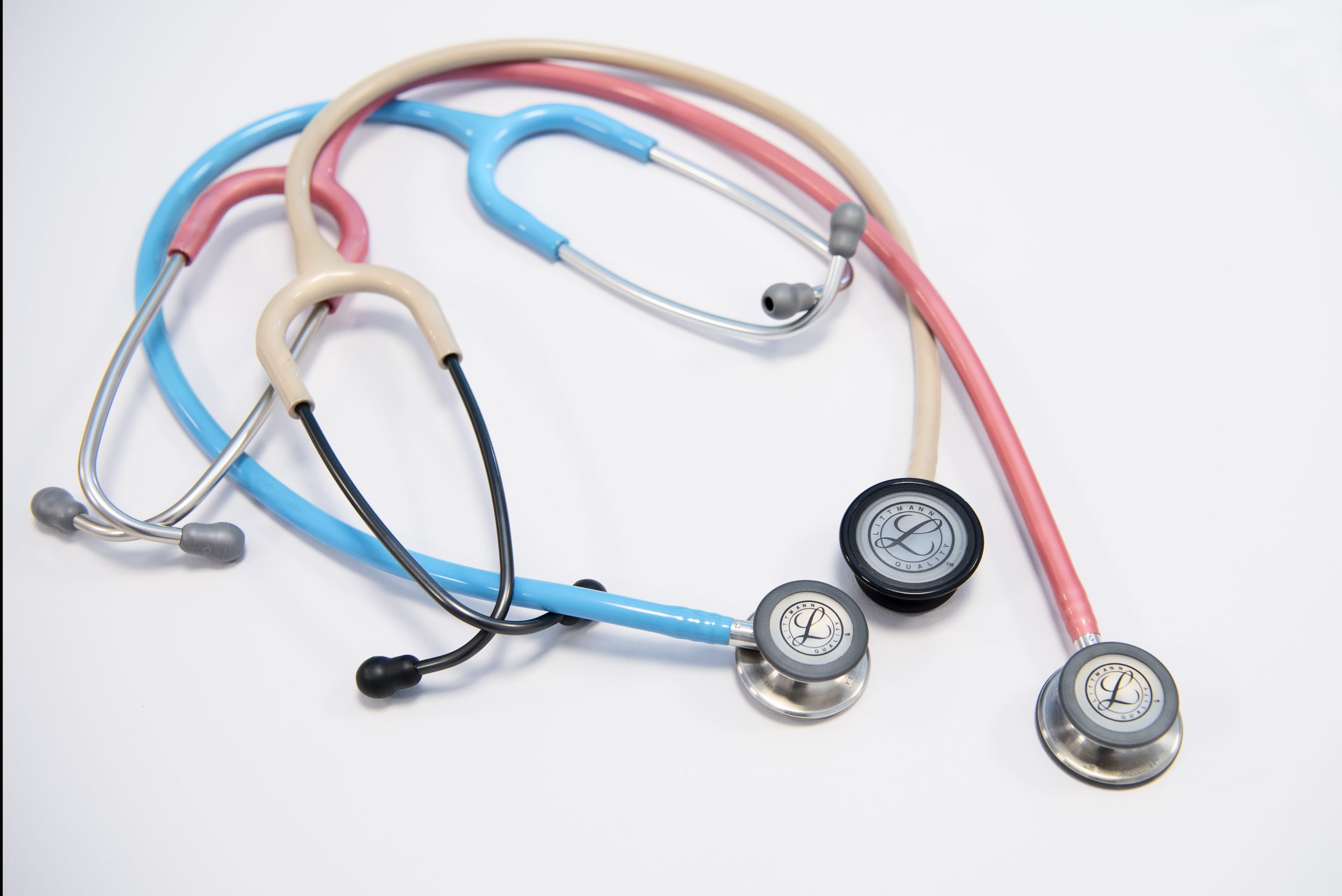General Medicine
WHAT IS GENERAL MEDICINE?
General Medicine has professionals who are responsible for providing rapid responses to acute conditions, and for the control and advice of frequent chronic problems such as diabetes.
A family doctor will advise you for any medical need you may have, such as: checking your blood pressure, ordering or interpreting an analysis, asking for medical advice or prescriptions, treatments for common illnesses such as urinary tract infections, acute urinary tract respiratory infections , gastroenteritis, some skin conditions, anemias, etc.
The purpose is to take care of any basic medical or health needs of our patients.
The user may require timely medical attention, advice, a consultation of results, the recommended medical examination by age, sex and history, follow-up of basic pathologies or cardiovascular or respiratory risk factors.
In short, a family doctor is the professional in charge of ensure that your health needs are covered, monitor your vaccination schedule, learn about the medical risk factors you may suffer from based on your history, age, habits… or to which you may be exposed, to have a complete medical study or check-up annual, among others.
At Clínica Eupnea Palamós we know that establishing a relationship of trust with the family doctor is the best tool for managing your health. And that’s why we have the specialty of General or Family Medicine.
Contact us if you need a medical appointment with a general practitioner in Palamós or if you have any questions.


DIAGNOSTIC STUDIES AT CLINIC EUPNEA PALAMÓS
- Glucose test: The glucose test is carried out in order to verify the amount of sugar in the blood. Its main application is the diagnosis of diabetes.
- Blood pressure study: This test consists of measuring the blood pressure in the arteries when the heart pumps. It is usually performed as part of a routine checkup or to rule out possible hypertension.
- Electrocardiogram: Also known as ECG. It is the test that records the electrical signals of the heart. It is a test capable of quickly detecting a heart problem. Its purpose is to show that the heart is beating at a normal rate and strength.
- Infection diagnostic test: These consist of rapid diagnostic tests to detect respiratory viral infections.
- Implementation of treatments: General Medicine, many times, is in charge of controlling or regulating a treatment.
- Ultrasound: Ultrasound, also known as sonography or ultrasonography, is a diagnostic imaging technique based on the use of high-frequency sound waves to produce images of the organs and structures inside the body.
What are the symptoms of the flu?
Symptoms of the flu can include fever, headache, sore throat, cough, nasal congestion, general discomfort, and muscle aches. In severe cases, it can lead to complications. It’s important to rest and stay hydrated.
What can I do to prevent the common cold?
To prevent the common cold, it’s important to wash your hands frequently, avoid contact with sick people, maintain a balanced diet, exercise regularly, and get enough sleep.
What is blood pressure and what are the normal levels?
Blood pressure is the force exerted by blood against the walls of blood vessels. Normal blood pressure is around 120/80 mmHg. It’s important to monitor it regularly to prevent cardiovascular problems.
What are the symptoms of diabetes?
Symptoms of diabetes can include increased thirst, frequent urination, blurred vision, fatigue, unexplained weight loss, and slow-healing wounds. Regular testing is important if there are risk factors.
What tips do you have for maintaining good mental health?
To maintain good mental health, it’s important to manage stress, maintain social relationships, engage in enjoyable activities, get enough sleep, and seek professional help if needed.
How can I improve my diet to be healthier?
To improve your diet, include more fruits, vegetables, whole grains, lean proteins, and healthy fats. Reduce intake of sugars and processed foods.
When should I have regular medical check-ups?
Regular medical check-ups, such as blood pressure checks, cholesterol screenings, and cancer screenings, are recommended based on age and risk factors. Discuss with your doctor about the appropriate frequency.